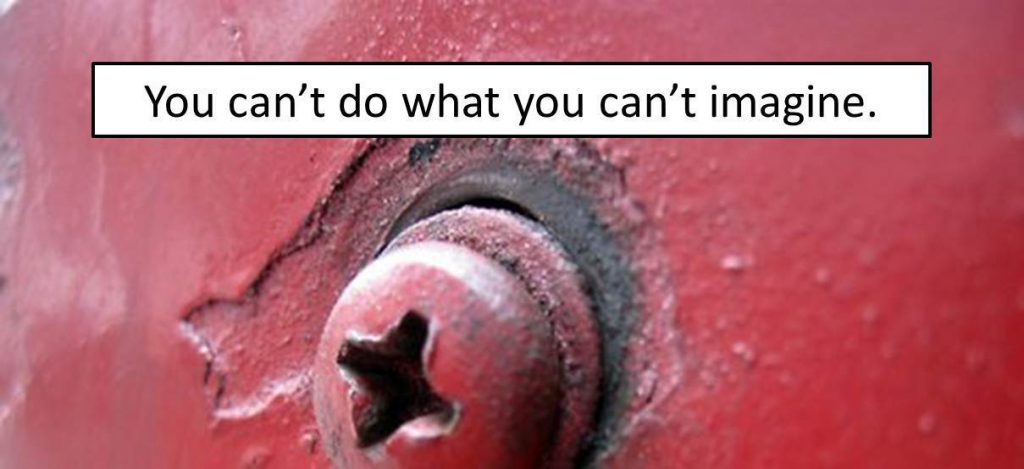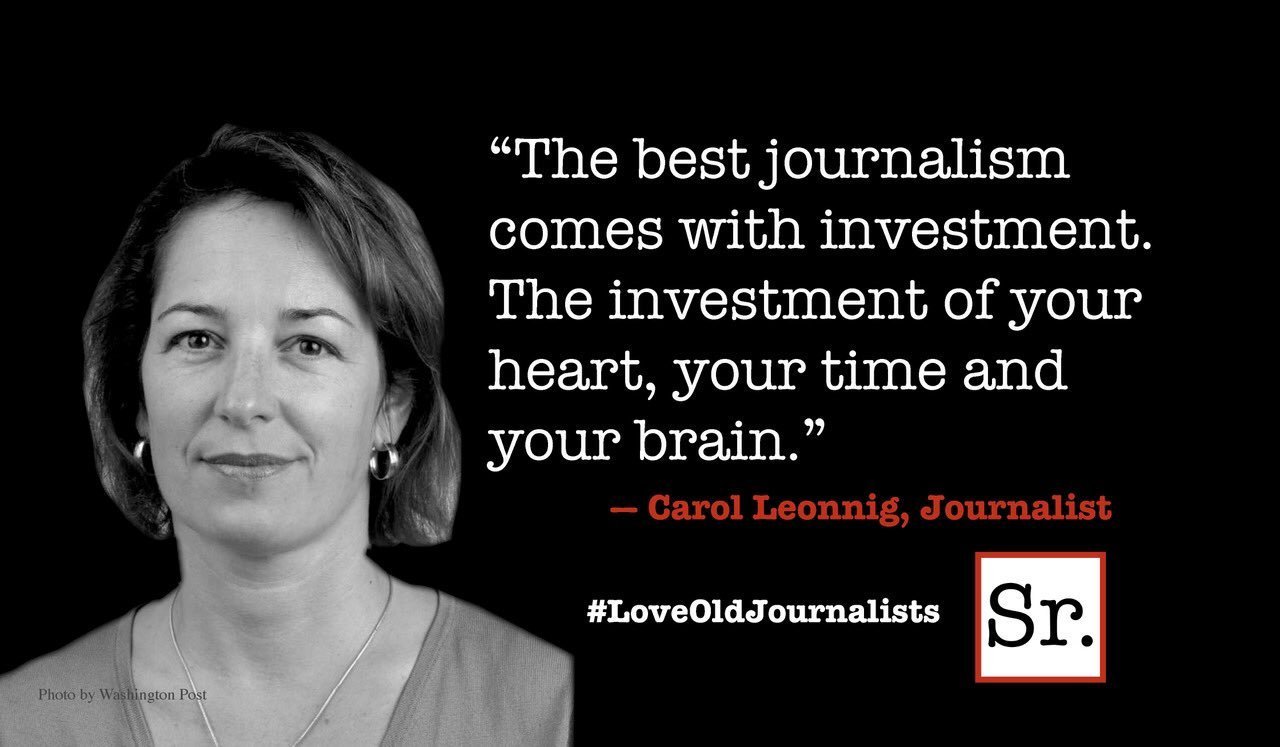Little Mary just knocked a glass of milk on the floor. That’s what two year old’s do.
There’s a group of five leaders at the table.
Bob waves the waiter over and says, “Could someone clean this up?”
Mindy says, “That happened because the milk was too close to the edge.”
Joe says, “Don’t worry, I’ll buy another one.”
Mark says, “Its ok little Mary, don’t feel bad.”
Betty says, “I’ll take little Mary to the restroom. Phil, will you get the waiter. Bob, I noticed another booster seat near the door, would you get that, please?”
Everyone employs default responses.
- Explain
- Comfort
- Teach
- Fix
- Organize
- Delegate
- Expand leadership potential by imagining new responses
Put on the delegator’s hat, if you tend to fix or comfort, for example. Become an organizer – in your imagination – if you’re a doer.
Become a screw driver:
Hammers see every problem as a nail. Expand your potential by becoming a screw driver.
- Identify default responses.
- Imagine new responses. Ask yourself, “How does Mary handle this type of situation?”
- Test new language.
- Invite feedback.
- Continue practicing your screw driver skills.
Leaders become ineffective – one string banjos – unless they imagine themselves in new ways.
Imagine you’re a screw driver. You can’t do what you can’t imagine. When default responses aren't getting you where you want to go, imagine yourself with new ones.
What is your default response to challenges, problems, or opportunities?
What new response can you imagine that might take you further?









